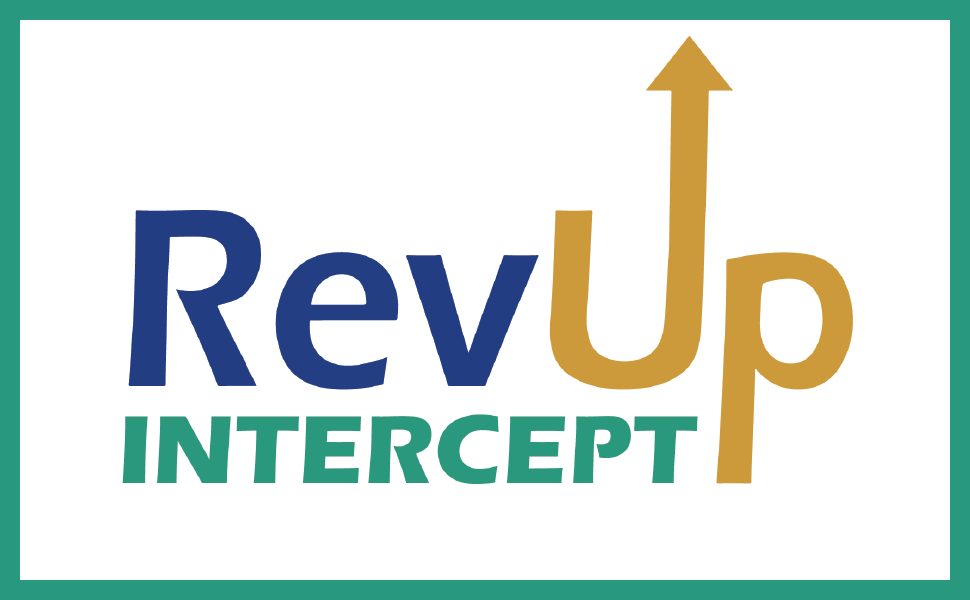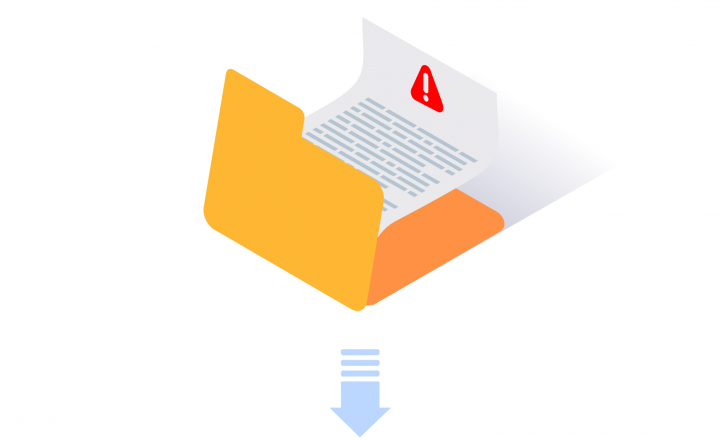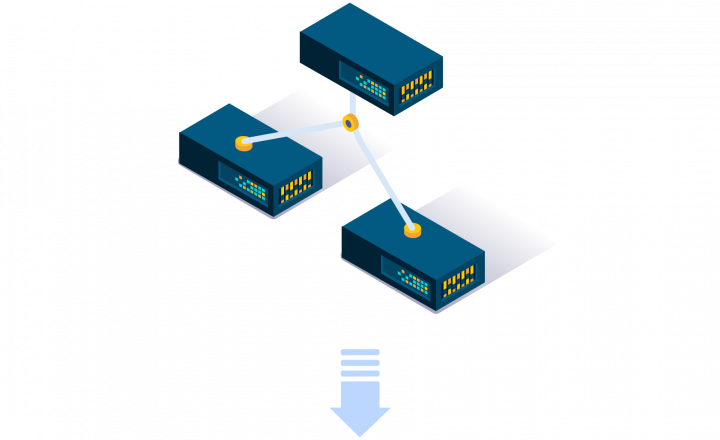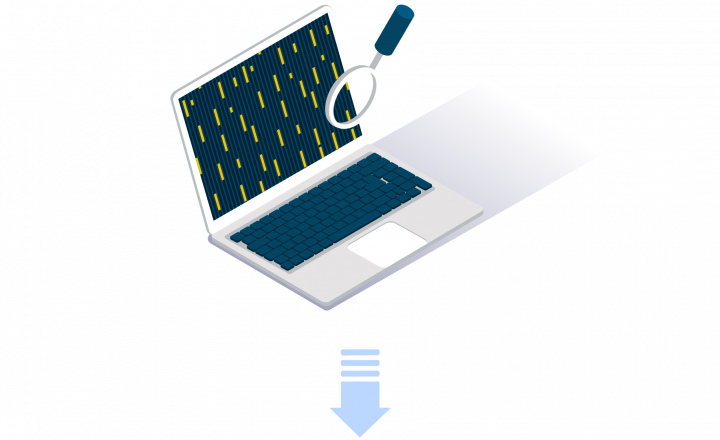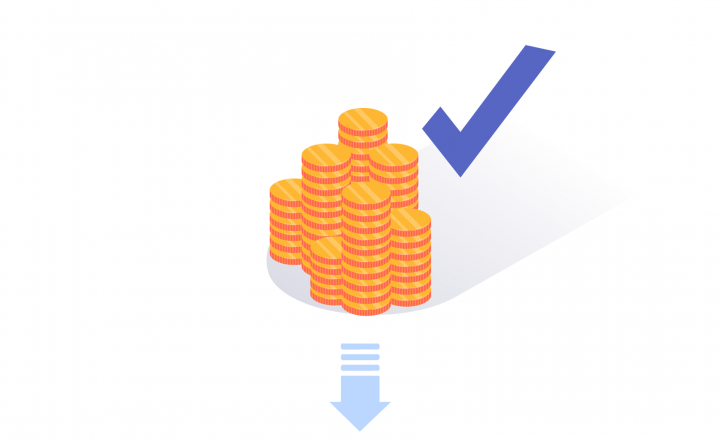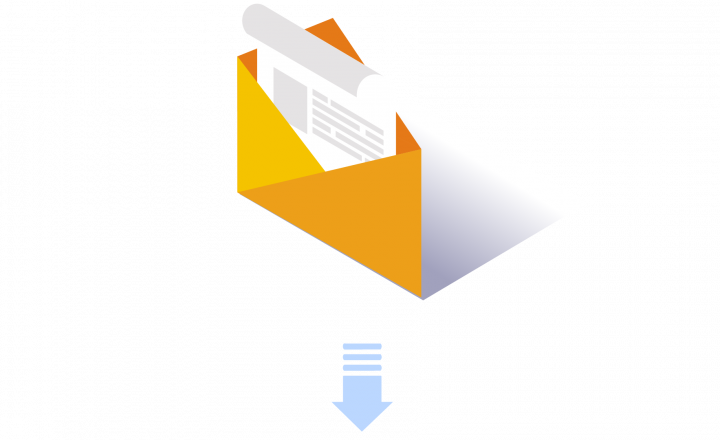How does the Intercept process work?
Participating entities submit eligible debt records or accounts receivable to the Commonwealth Intercept Program, thereby certifying that the debt data is correct, the debts are delinquent and the debts are final. The Commonwealth Intercept Program does not have any ability to validate this data, and it is solely the responsibility of participating entities to ensure their submitted data is correct.
Funds that are scheduled to be paid from the Commonwealth’s accounting system, Department of Revenue’s personal and corporate tax refunds, and Massachusetts State Lottery winnings greater than $600 are eligible for Intercept.
Each debt submitted to the program requires:
- The first name and last name of the debtor, or the legal name of the corporate debtor
- The debtor’s associated taxpayer information number (TIN) such as the social security number (SSN) or the federal tax identification number (FEIN)
- The total amount of the debt
- The original receivable due date
The process of crossmatching submitted debtor information and collecting a scheduled payment is what is called an “intercept offset”. Once a successful intercept offset occurs, a partial or full principal dollar amount of the debt plus an administrative processing fee is subtracted from the debtor’s payment and any remaining scheduled payment funds are sent out directly to the individual or corporate debtor. The debt amount intercepted from the scheduled payment is then sent by way of electronic direct deposit directly to the associated participating entity.
What payment systems are available for Intercept offset activity?
Funds that are scheduled to be paid from the Commonwealth’s accounting system, Department of Revenue’s personal and corporate tax refunds, and the Massachusetts State Lottery winnings greater than $600 are eligible for Intercept.
What is the applicable authority for the Commonwealth Intercept Program?
- M.G.L. c. 7A, §§ 3, 8, 18 and 19
*Not all eligible entities are required to comply
Is there a fee to participate in this program?
This service is FREE for eligible participating organizations. However, there is a maximum of up to a $25 administrative fee charged to and paid by the debtor for each successful Intercept offset.
Whenever debt is recovered for a participating organization, a program administrative fee is assessed:
- Commonwealth’s accounting system payments (+$15)
- Department of Revenue personal and corporate tax refunds (+$10)
- Lottery payouts greater than $600 (+$15)
NOTE: In total, an administrative fee up to $25 may be deducted if multiple payment systems are used to crossmatch the debt record via a technical file exchange process.
What types of debt can be Intercepted?
After a debtor has been sent a minimum of 4 invoice collections notices with applicable dunning language, any eligible debt that is considered final, still within its statute of limitations for collections, and is more than 120 days old, can be submitted to Intercept. Examples of debt include:
- Housing authority tenancy debt
- Municipal utility bill debt
Are there any aged debt restrictions that prevents eligibility for referral?
To comply with Commonwealth legal statues, policies, and any contractual onboarding documentation for external eligible entities, to become a delinquent debt, a minimum period of 120 days must have elapsed between the time the participating entity declares all of the applicable accounts or monetary obligations delinquent and the date the delinquent debt is submitted for interception. It is also important to remember that some debt type categories may have a statute of limitations that should not be exceeded. Please note statute of limitations requirements are not specific to the Commonwealth of Massachusetts and the Office of the Comptroller; any statute of limitations should be abided regardless of the collection method used. The Intercept Program CANNOT check or verify any age requirements; therefore, it is entirely the participating entity’s responsibility to ensure all debts submitted comply with these laws. We strongly suggest you contact your organization’s attorney to clarify any statute of limitations questions that may arise.
What debtor information is needed to submit to the program for matching process?
Each debt submitted to the program requires:
- The first name and last name of the debtor, or the legal name of the corporate debtor
- The associated taxpayer information number (TIN) such as the Social Security Number (SSN) or the Federal Tax Identification number (FEIN)
- The total dollar amount of the debt
- The original receivable due date
What if participating entities do not have the debtor’s tax identification number (TIN) information?
There are many commercial services available, such as LexisNexis, which can research and find Taxpayer Identification Numbers (TIN) for both a Social Security Number (SSN) for individual debtors and Federal Employer Identification Number (FEIN) for corporate debtors. LexisNexis is a software as a service (SaaS) platform with a subscription fee model. Please note, the debtor TIN is a mandatory piece of data information for each debt, as it is used by the three Commonwealth payment systems to find successful matches to Intercept appropriate funds. In addition, some third-party debt collection agencies utilize skip tracing technology and other research methods that can assist in locating a debtor’s SSN or FEIN to then append the debt record.
What if a participating entity uses a third-party debt collection agency?
The Intercept Program is not a third-party debt collection agency or service. Intercept captures uncollected revenue by offsetting debt against specific outgoing Commonwealth scheduled payments. Intercept is a unique way to attempt to recover money owed to your organization by partially or fully “offsetting” funds that are scheduled to be paid from the Commonwealth’s accounting system, Department of Revenue’s personal and corporate tax refunds, and the Massachusetts State Lottery winnings greater than $600. Third-party deputy collectors and debt collection agencies cannot offer you this service. However, the Office of the Comptroller encourages participating entities to utilize both of these collection channels to optimize revenue recovery efforts. Simultaneous referral and placement is allowed to both the Commonwealth Intercept Program and third-party debt collection agencies. If the same debt records and delinquent receivable accounts are referred concurrently to both of these collection channels, the participating entity needs to closely monitor, review, manage, and update any fund recovery activities within these two sources to ensure current data accuracy.
For more information, visit Debt Collection Services.
What if the debtor makes a partial or full direct payment to either the participating entity or their contracted third-party debt collection agency?
If the debtor makes either partial and/or full direct pay of debt owed to your organization and/or to a contracted third-party debt collection agency, you will need to edit that debt and change the debt balance to reflect the new debt balance. Alternatively, if the debtor comes in and pays off the entire debt, you will need to delete that debt record from the Intercept Program to prevent any future offset activity. We encourage you to make this change as soon as possible to avoid the possible interception of an incorrect dollar amount.
Can an Intercept be reversed or refunded?
No. There is no way to reverse an Intercept once the offset has occurred. The Commonwealth Intercept Program CANNOT reverse it, regardless of whether the money to fund that intercept has been sent to the participating entity or not. However, debtor refunds are allowed if any amount is over collected (plus associated administrative fees). Refunds are managed and conducted by the participating entity when deemed appropriate. It is the participating entity’s responsibility to manage their debt records on an ongoing basis to ensure accuracy.
How do participating entities receive Intercepted funds?
The Intercepted funds are disbursed by electronic direct deposit into the participating entity’s financial allocation account of record. No paper checks will be issued. The funds will be eligible for disbursement within 7 business days after the Intercept offset has occurred. The participating entity should reconcile the weekly Intercept disbursement amount with offset activity data and reports.
